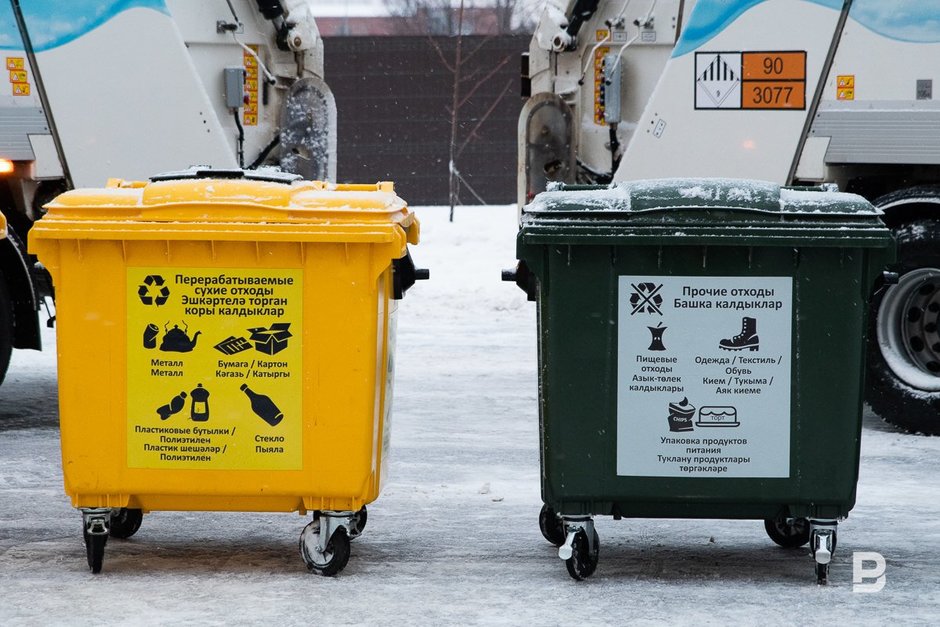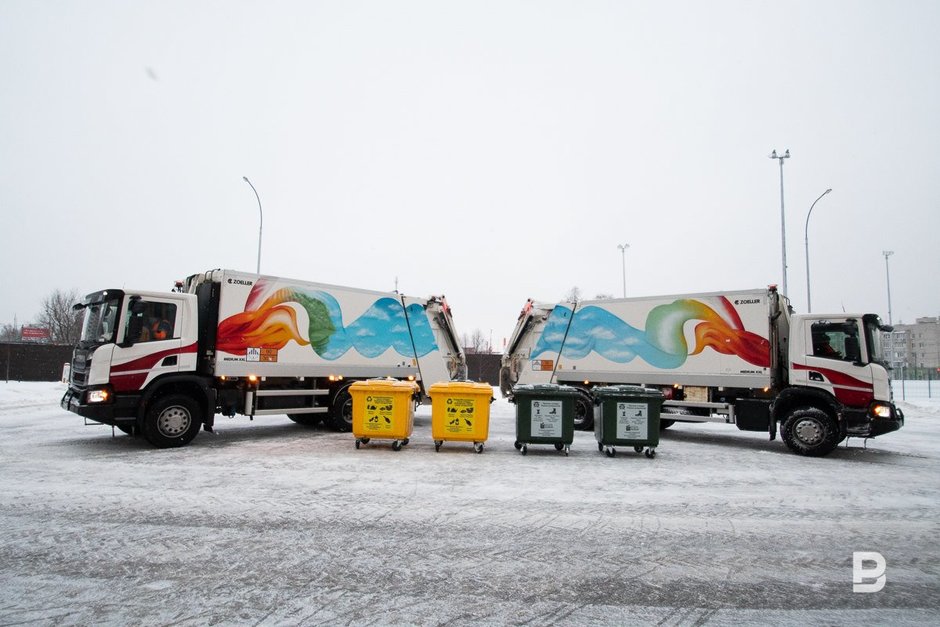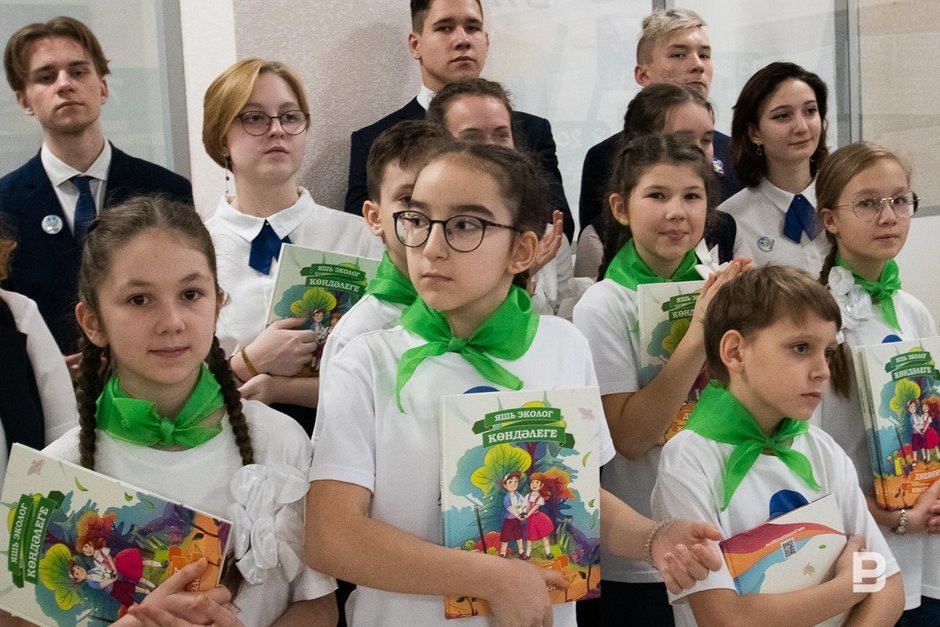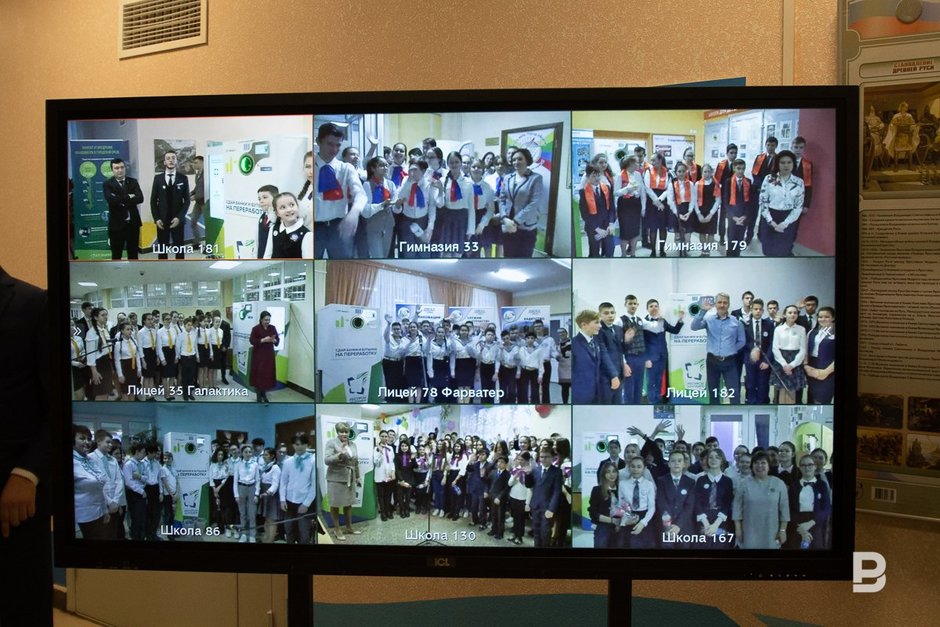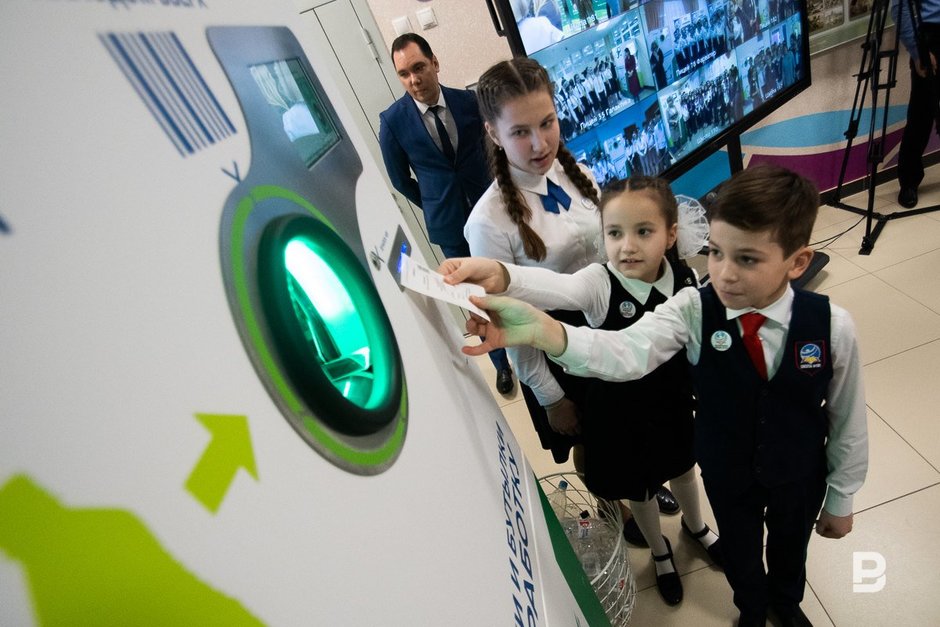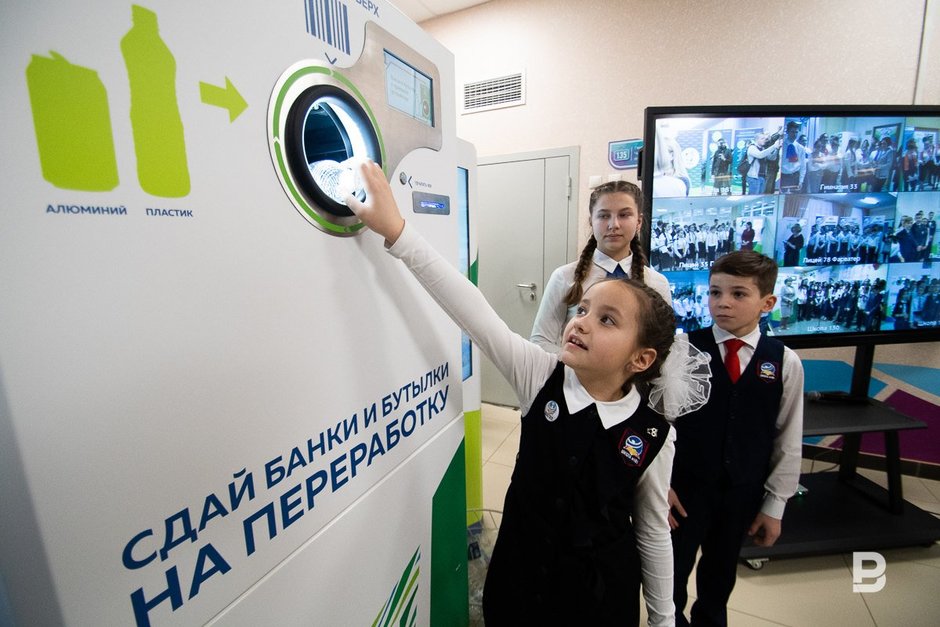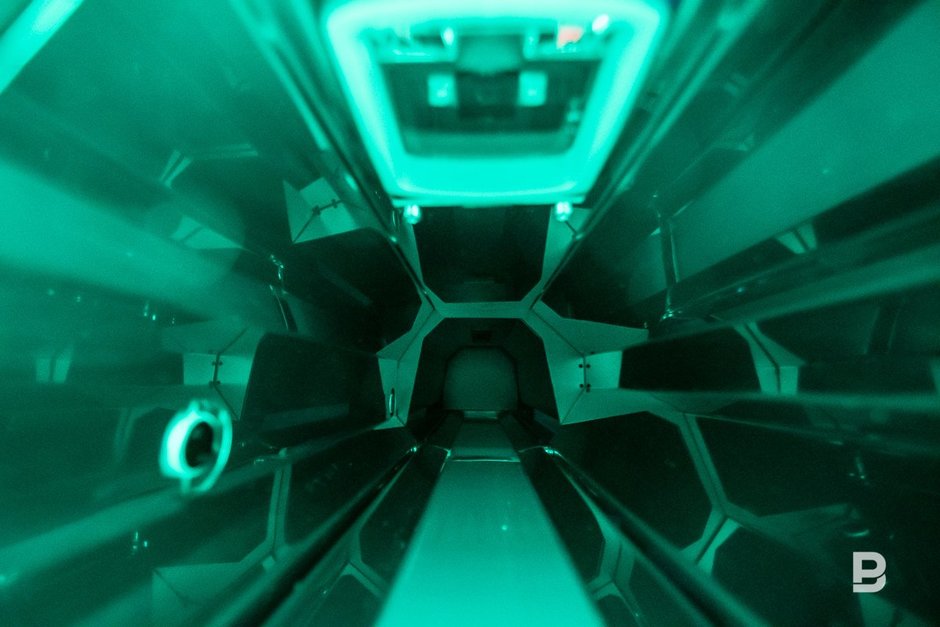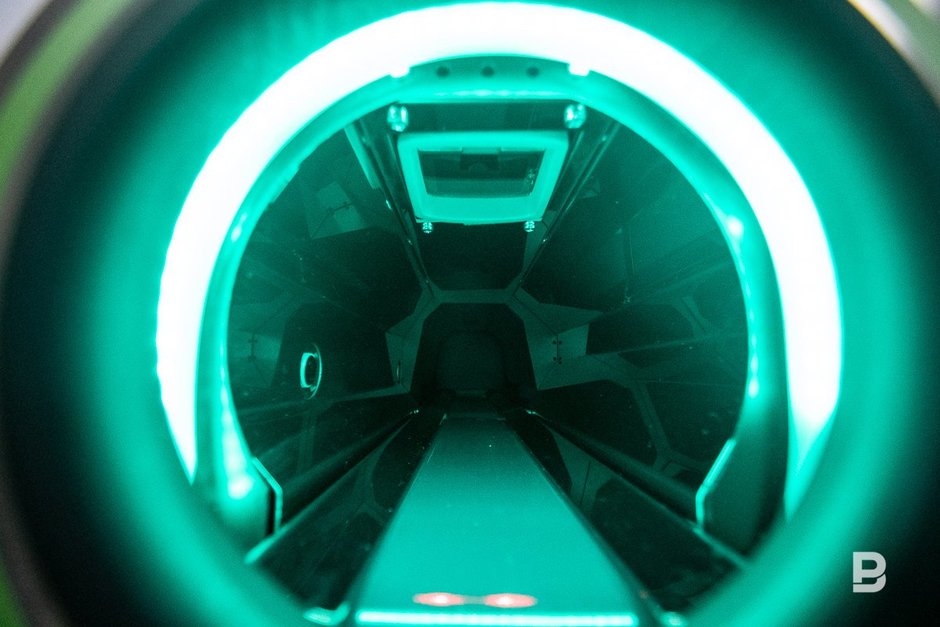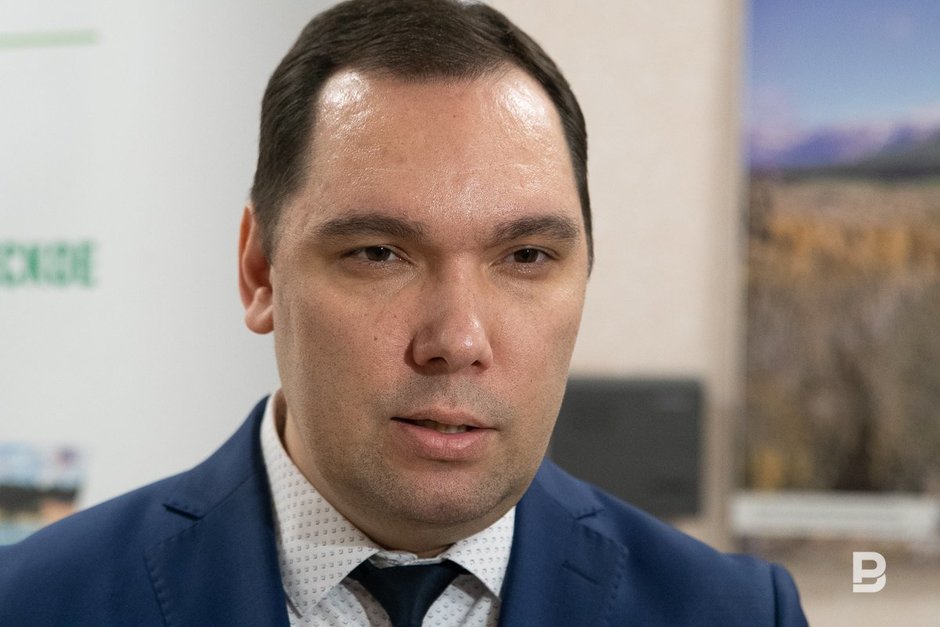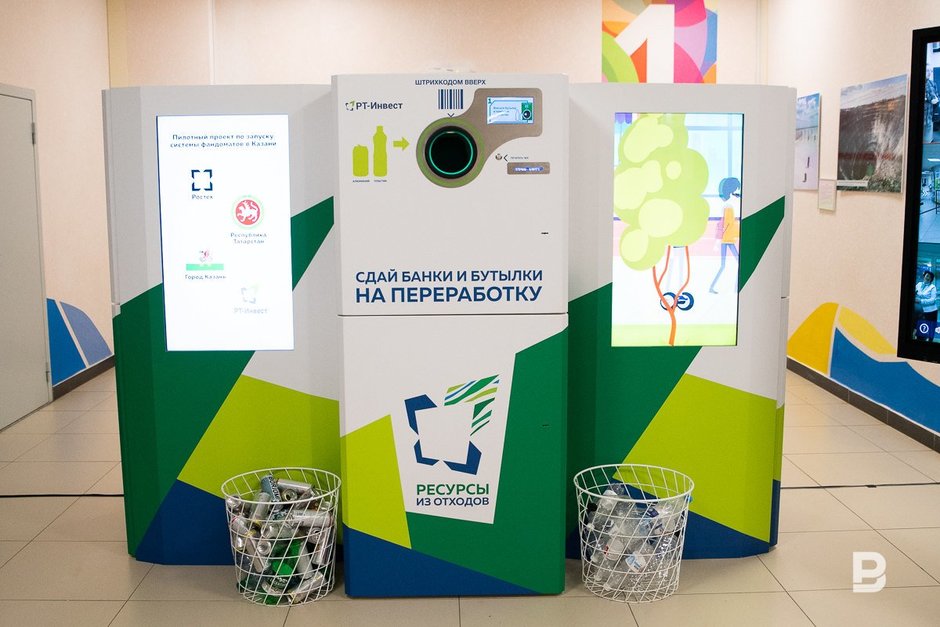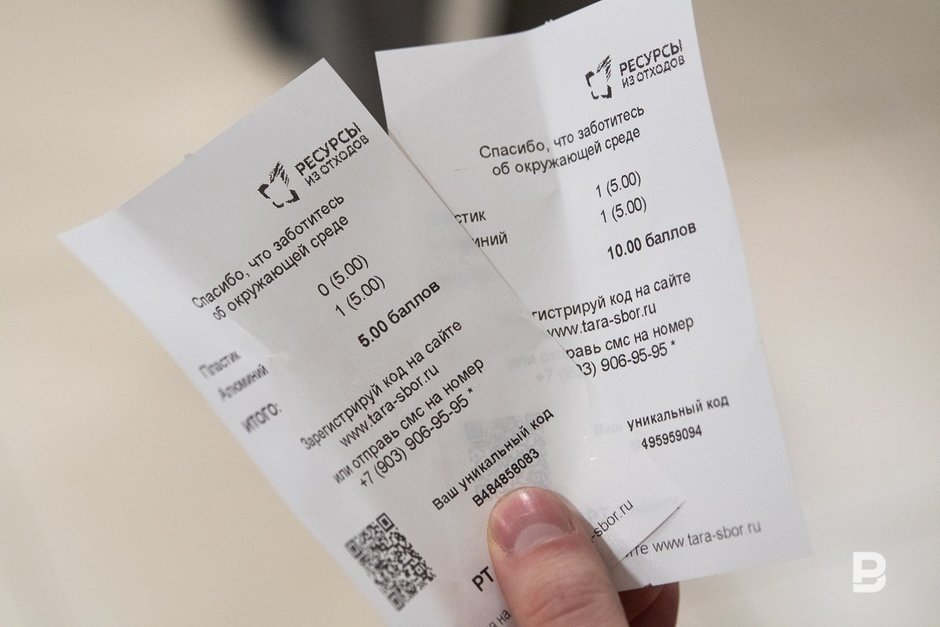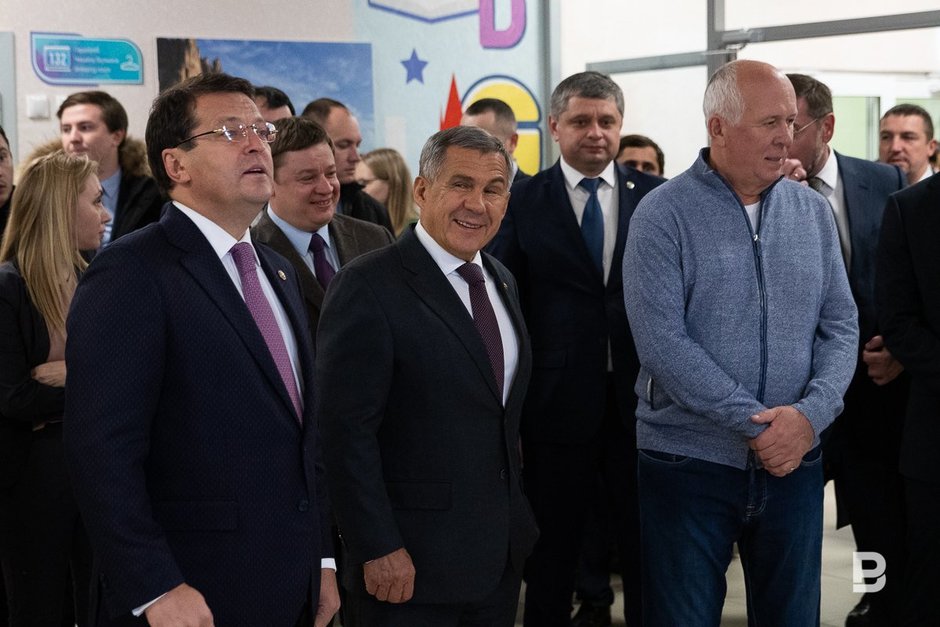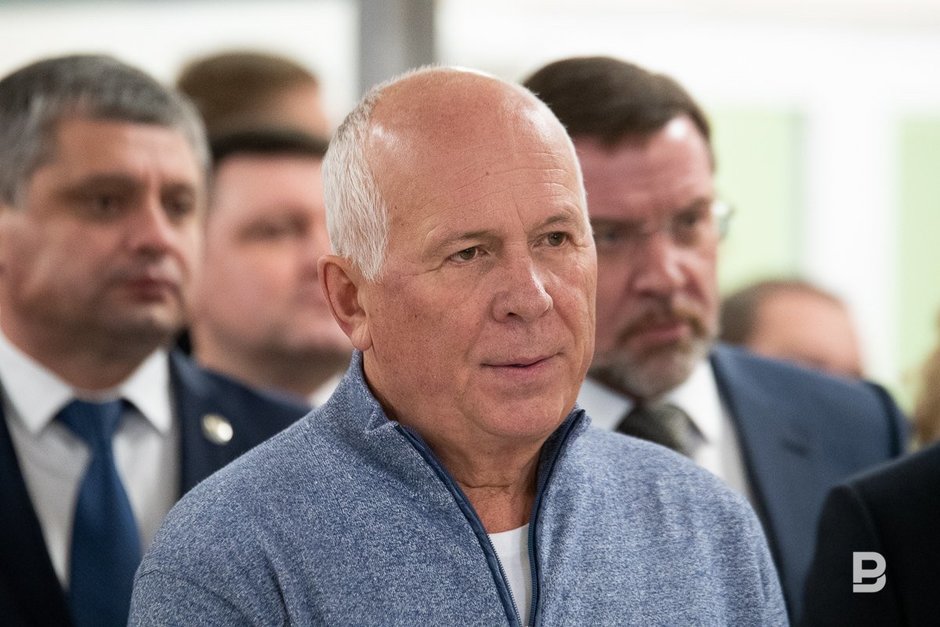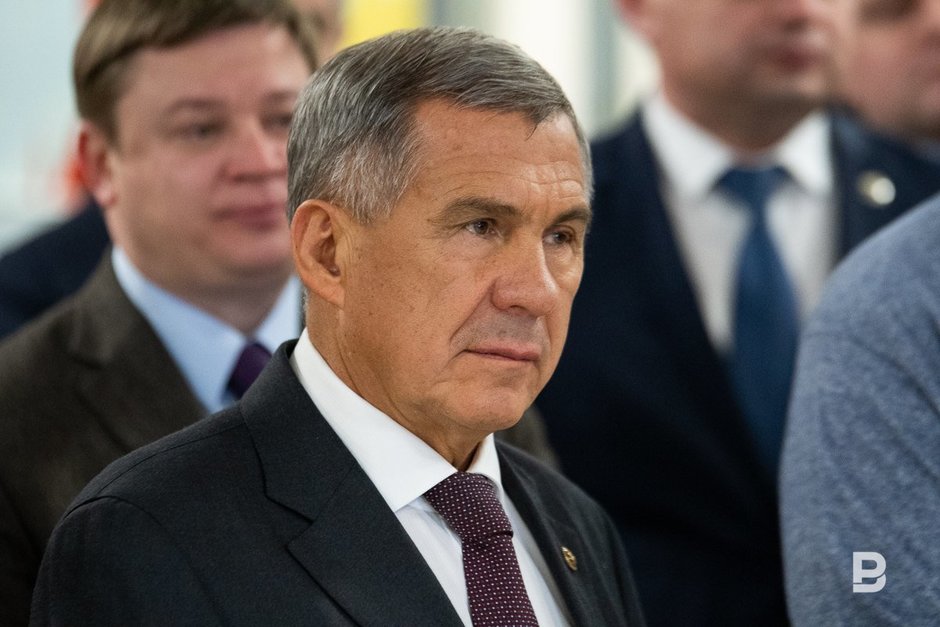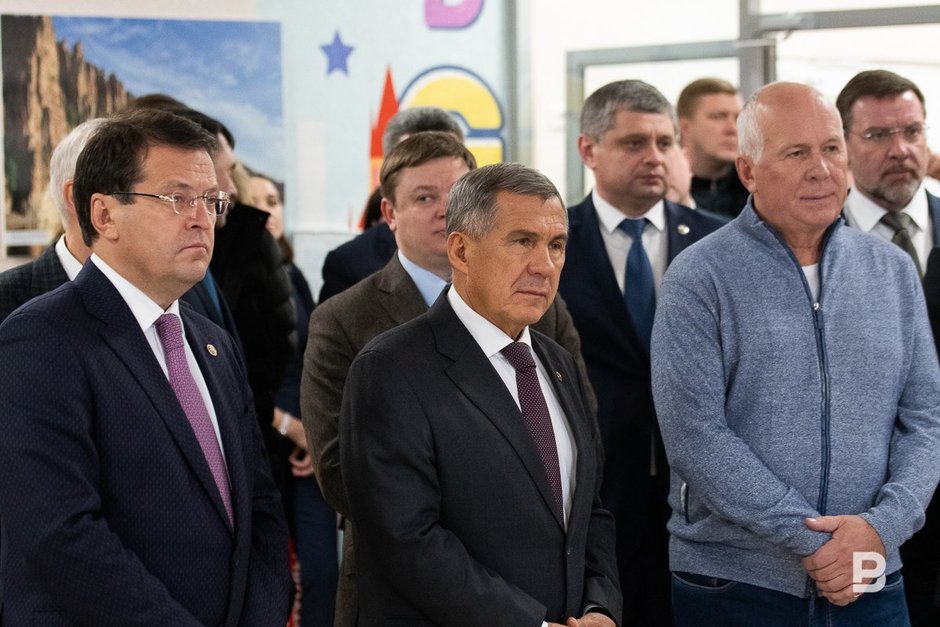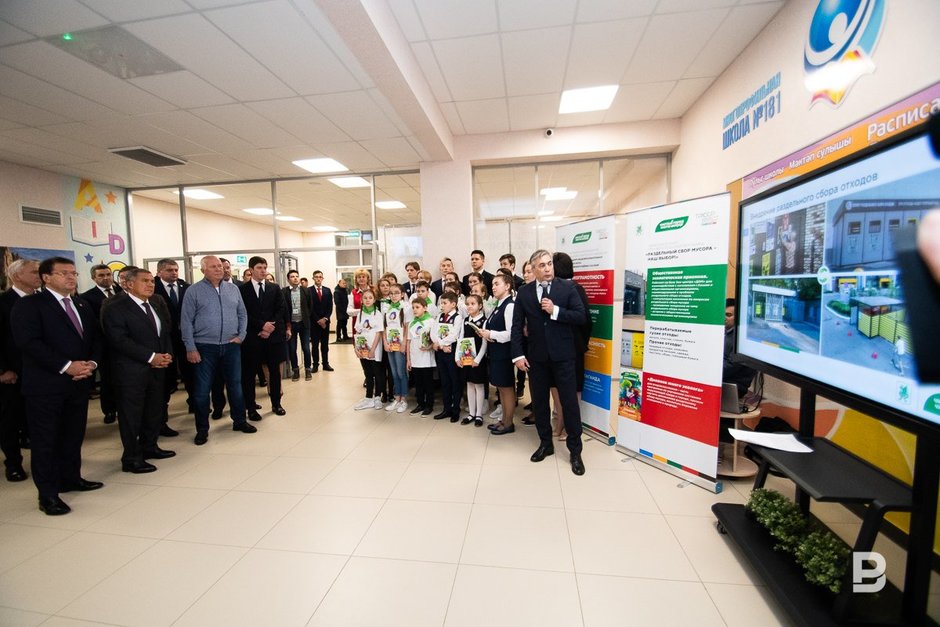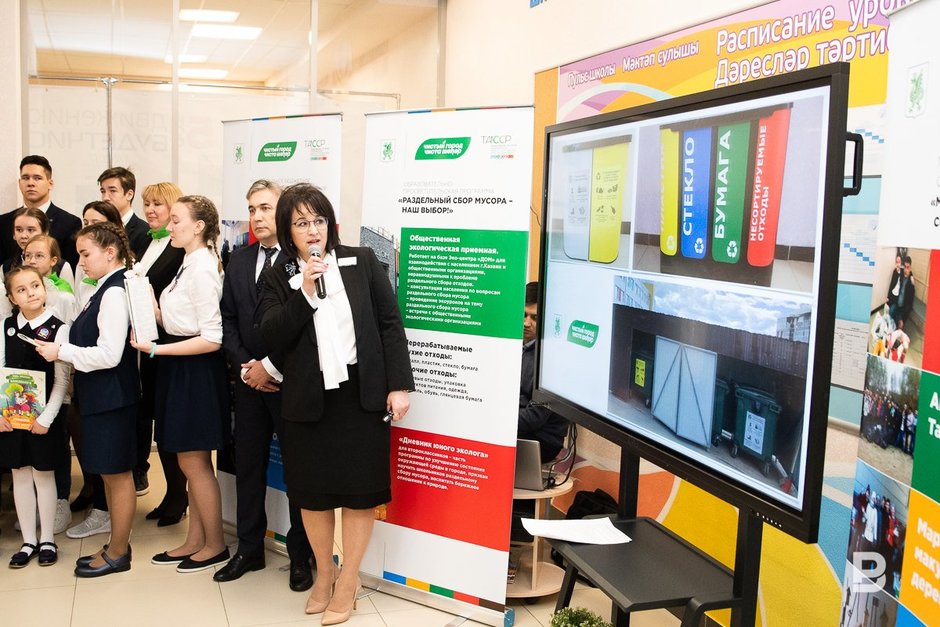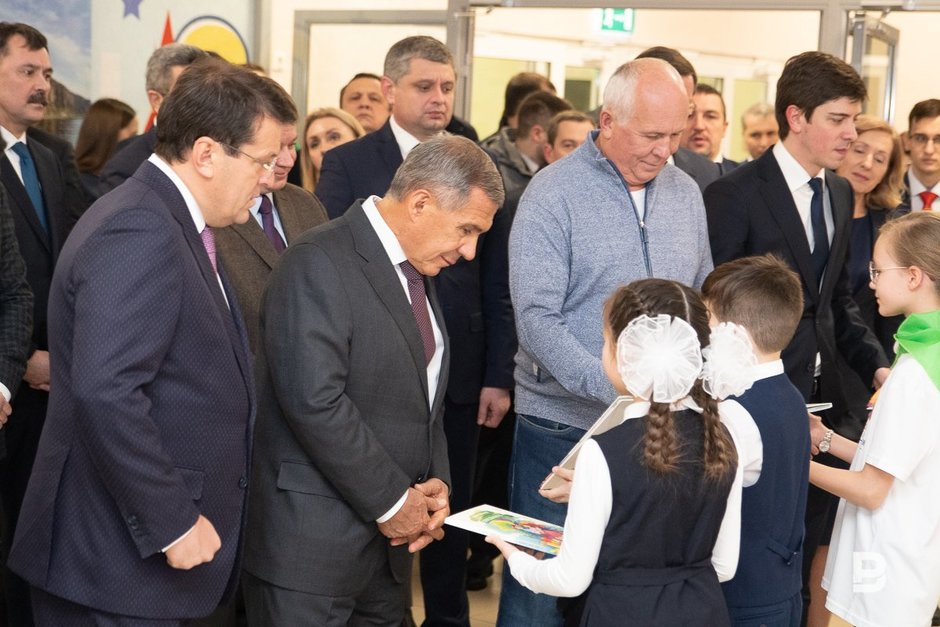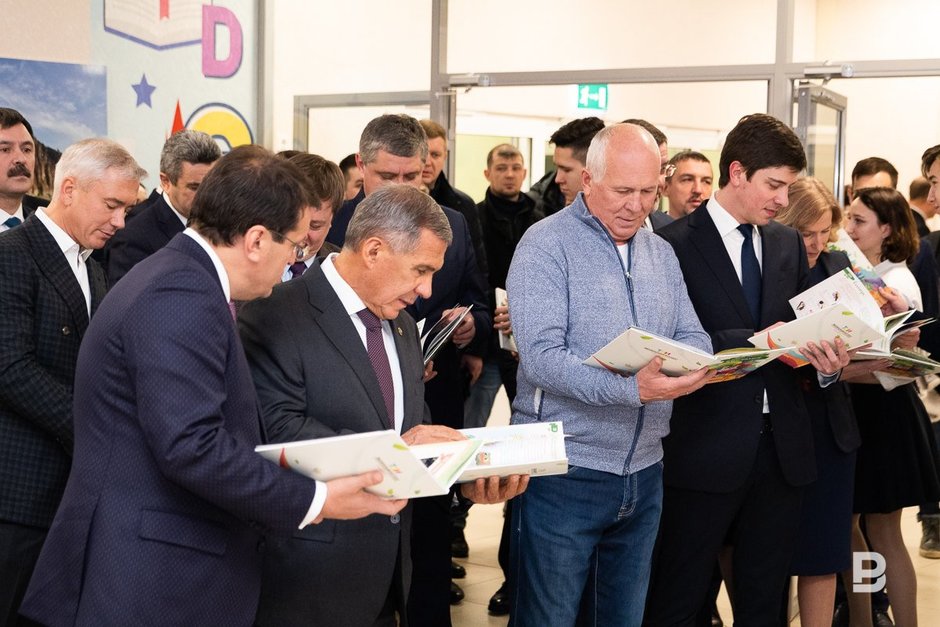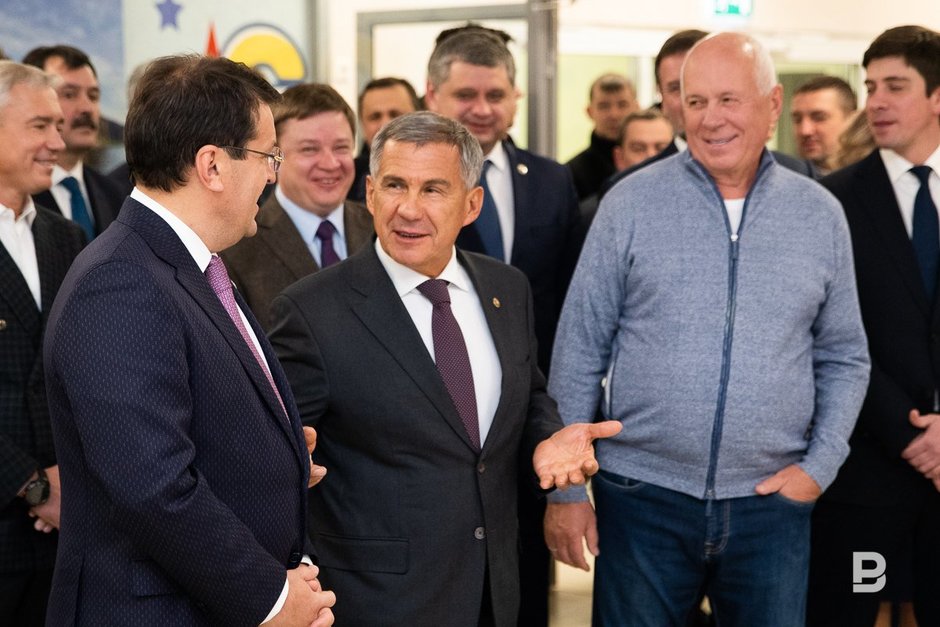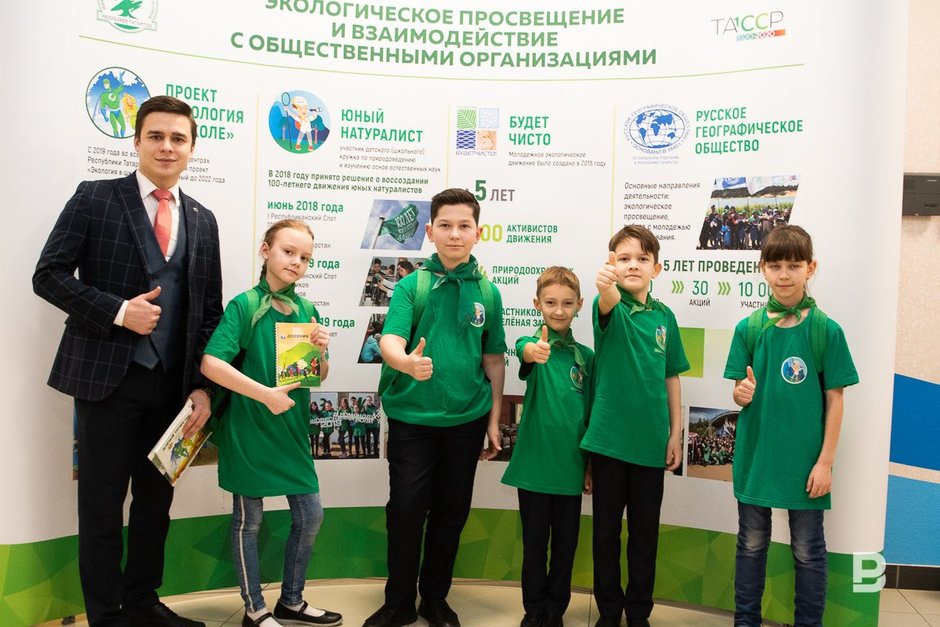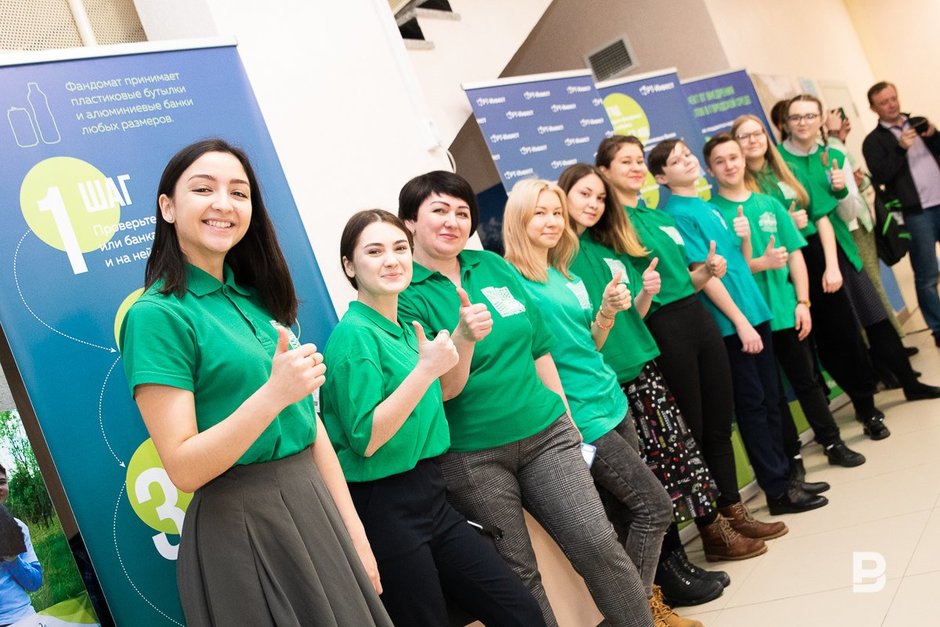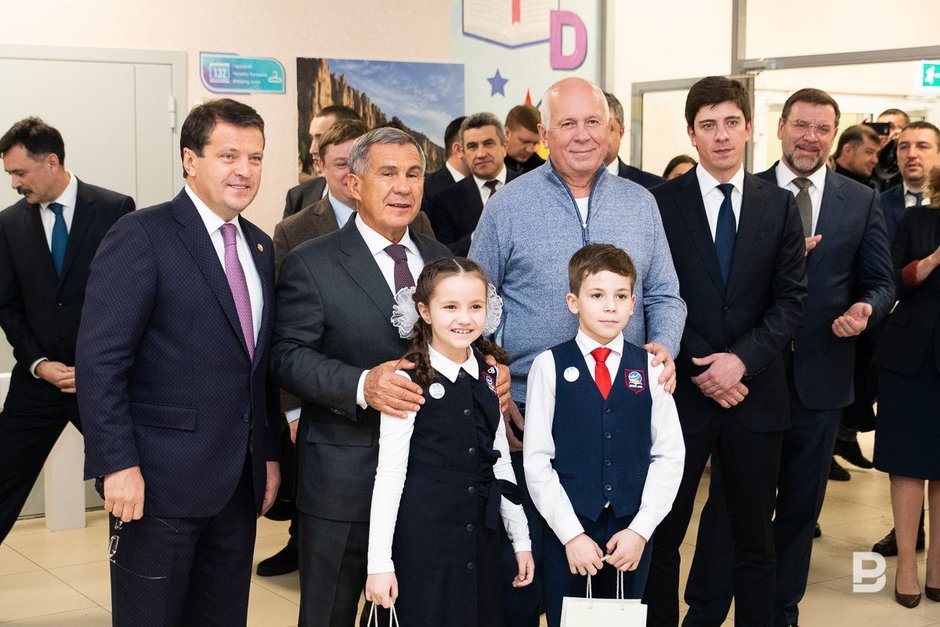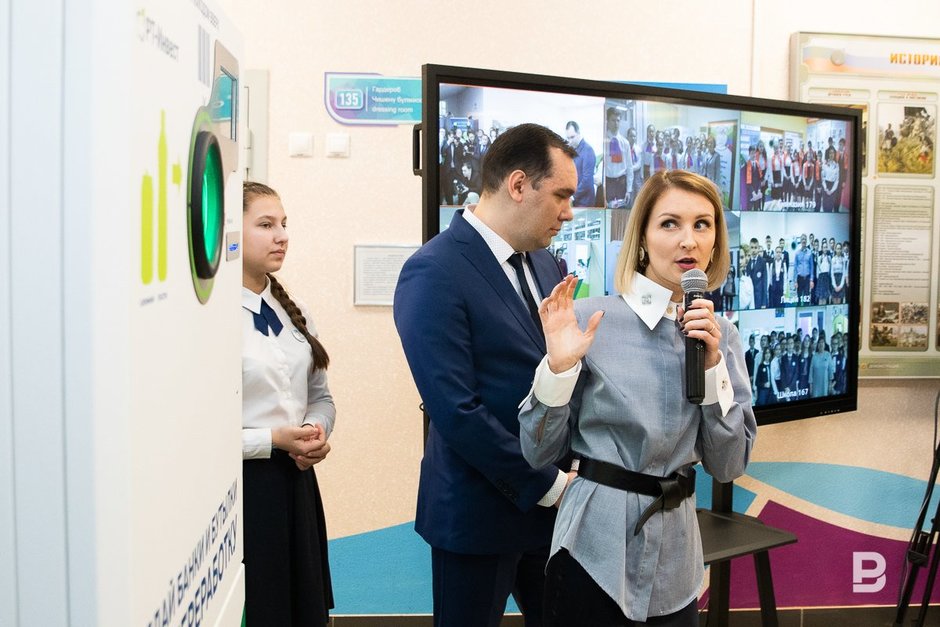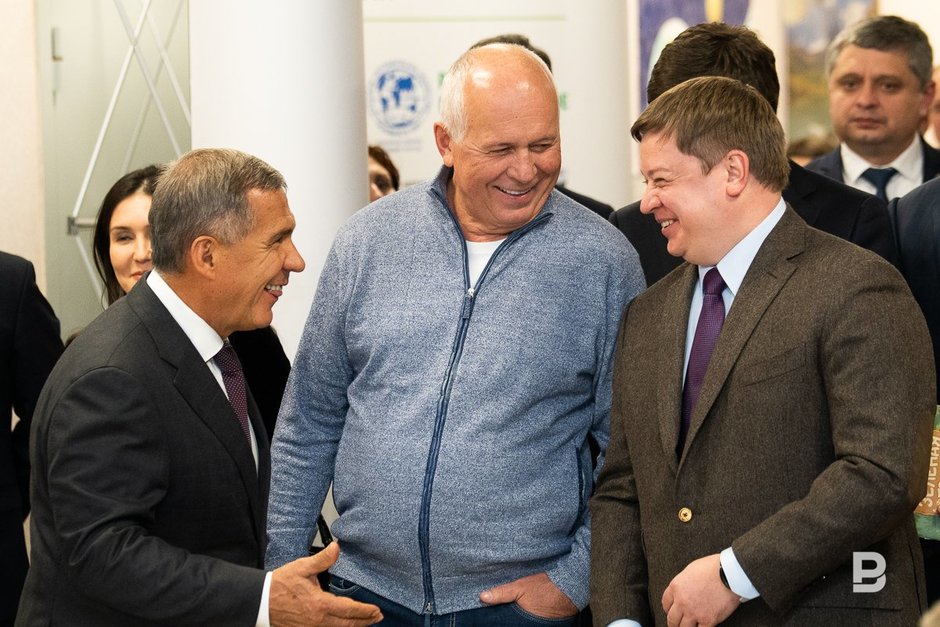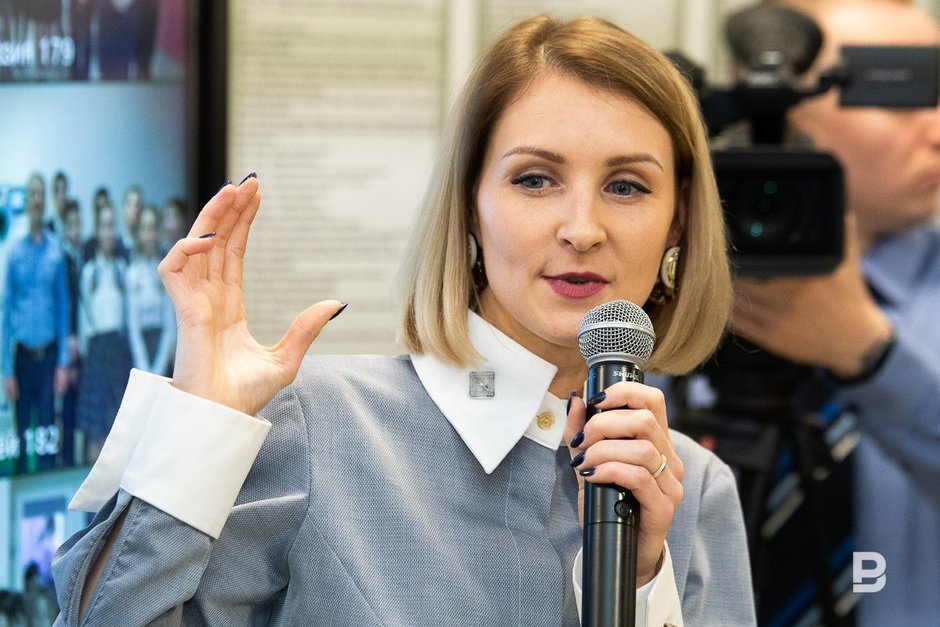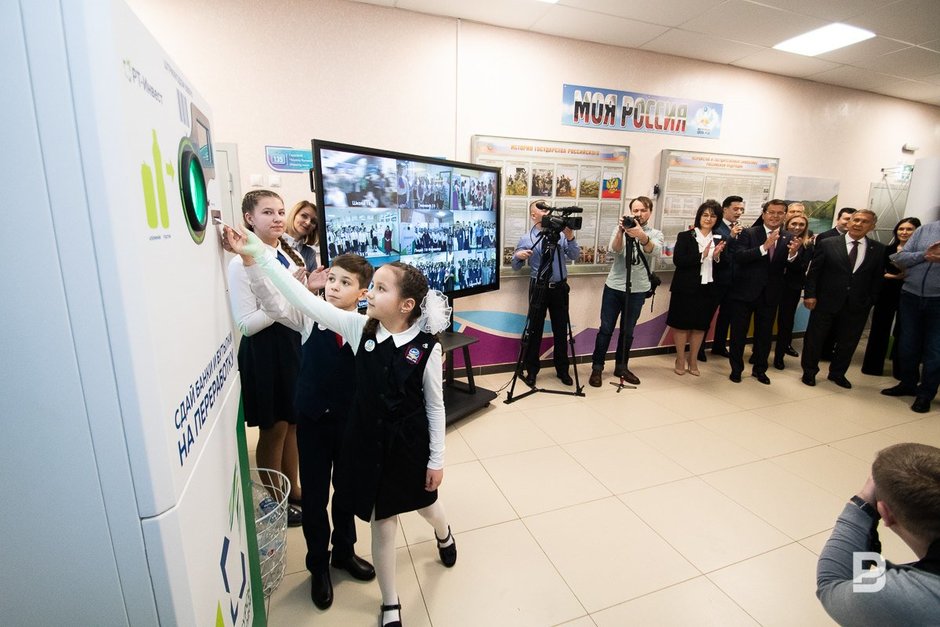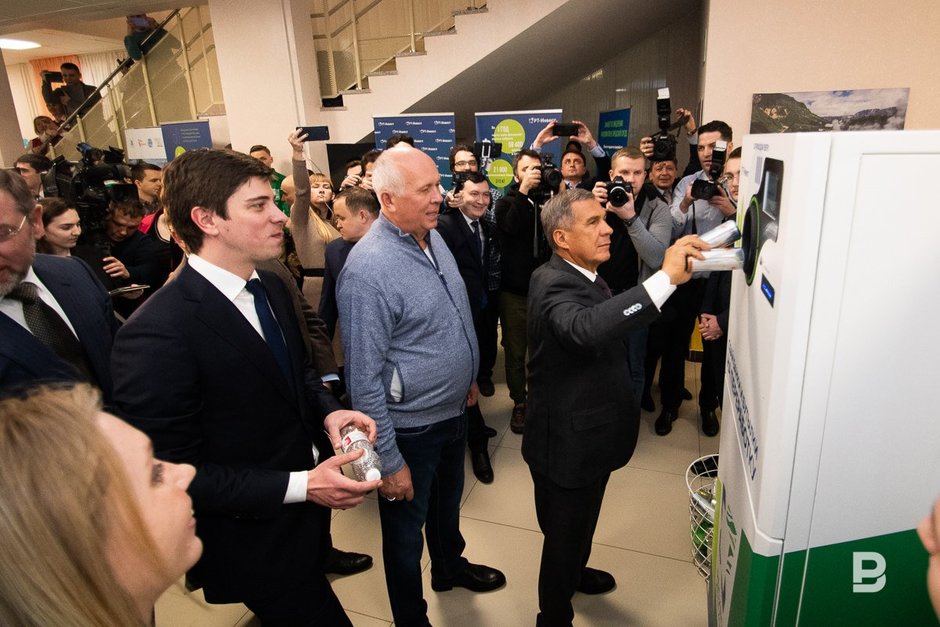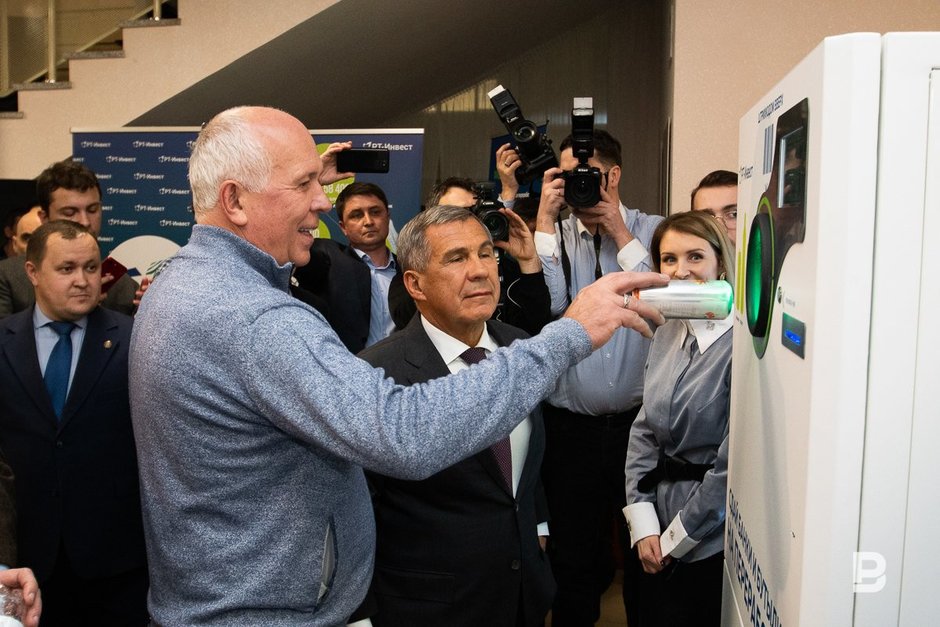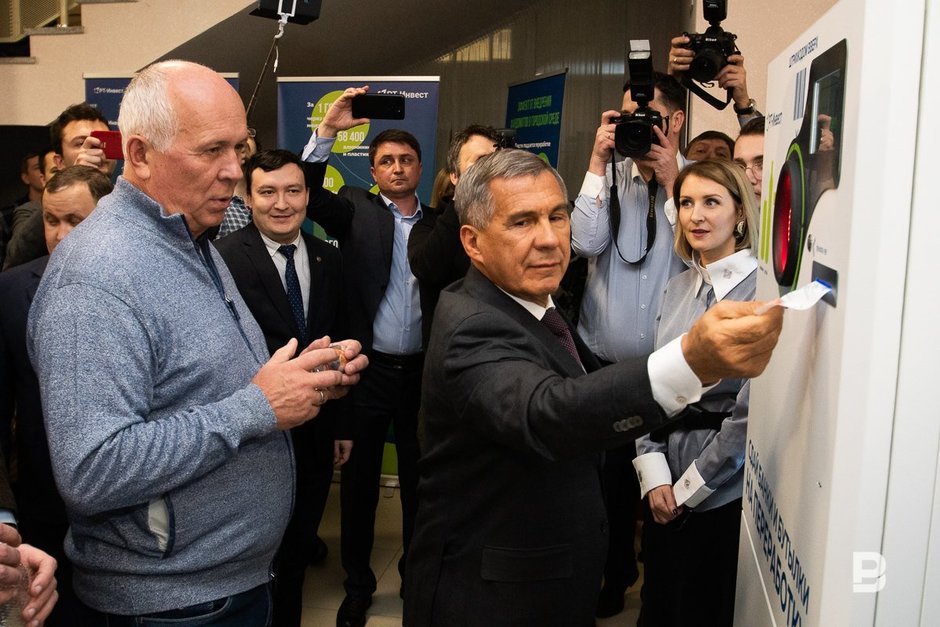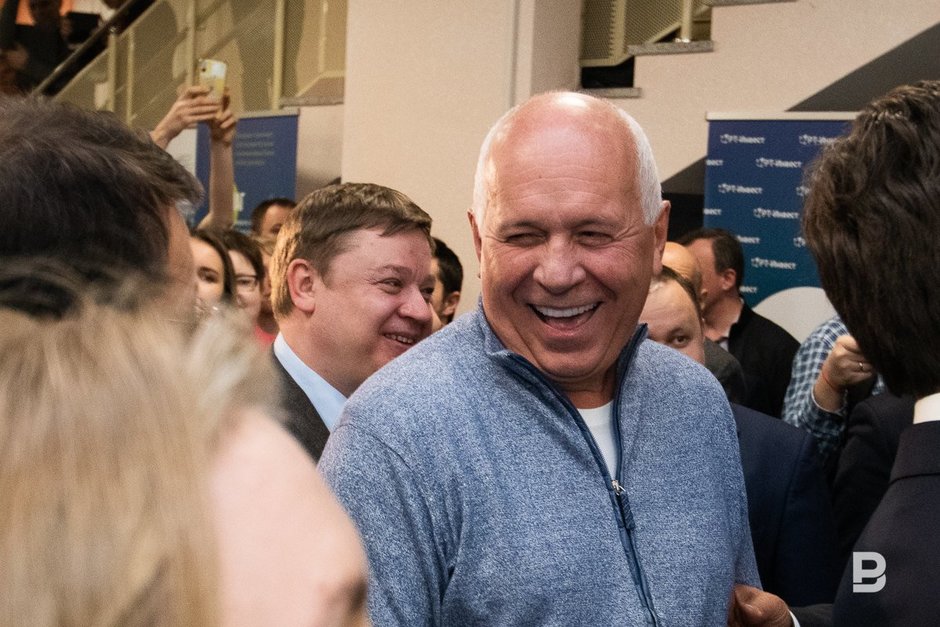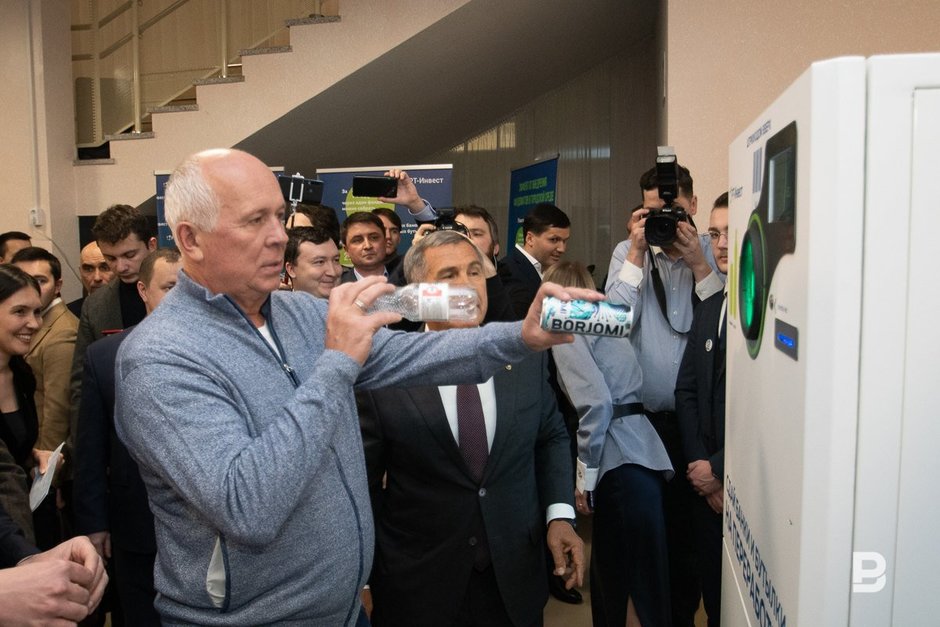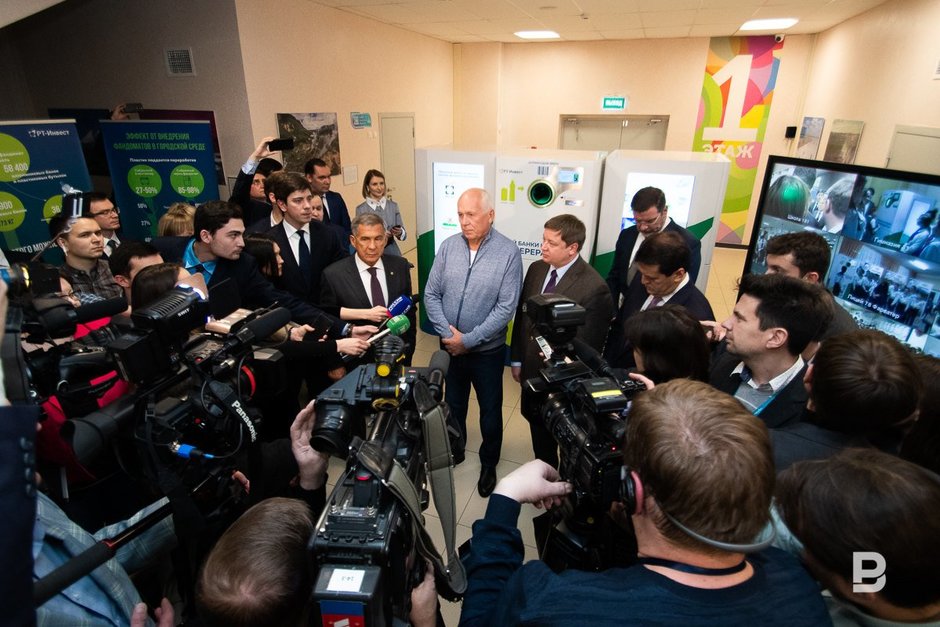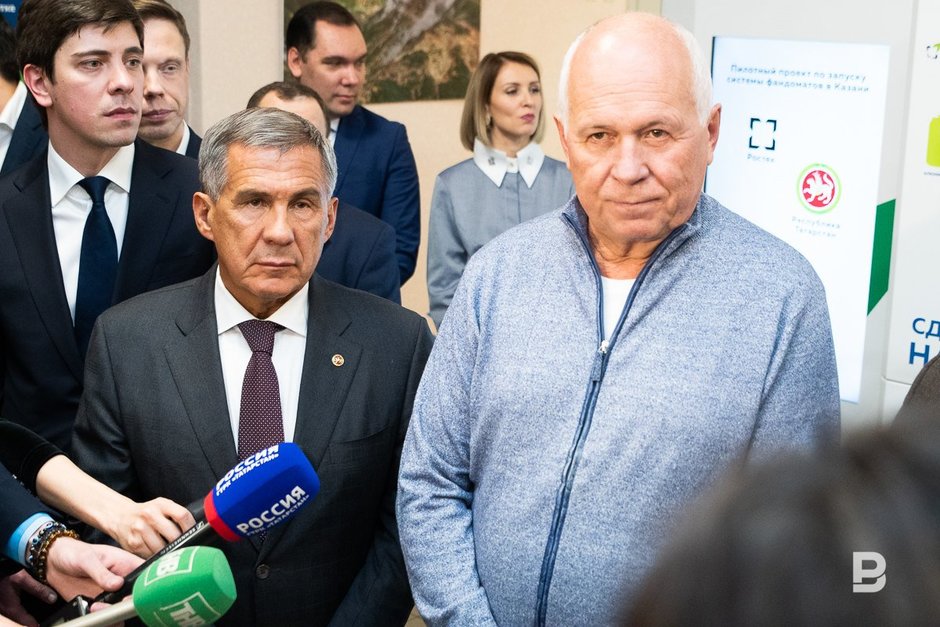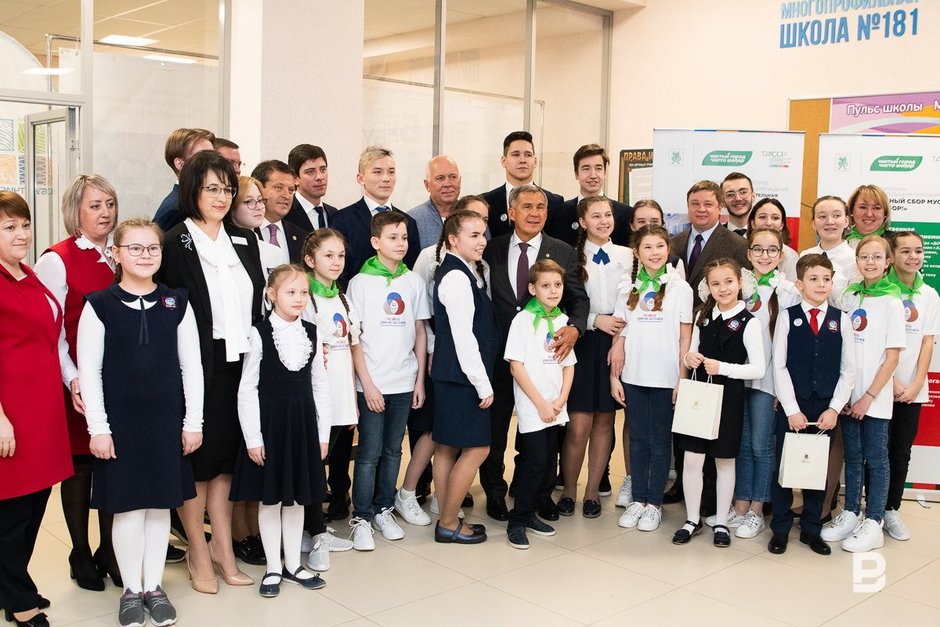‘If you drank water, you should throw the bottle away somewhere’: reverse vending machines to be tested in Kazan
Sergey Chemezov and Rustam Minnikhanov have launched a pilot separate waste collection project
Rostec’s subsidiary RT-Invest chose Kazan as a test site for the next know-how — reverse vending machines to collect used plastic and aluminium bottles. Rostec’s Director General Sergey Chemezov has arrived in the capital of Tatarstan deliberately to launch the pilot project with the first 20 machines. As head of RT-Invest Andrey Shipelov claimed, the first machines were placed for free to test the financial model for their further promotion at federal level. Read more in Realnoe Vremya’s report.
Reverse vending machines at school
Kazan has become a test site for Rostec’s pilot project introducing separate waste collection through a chain of reverse vending machines. As an experiment, RT-Invest, a subsidiary of the state-owned corporation, installed the first 20 machines in the city’s schools. Their use is to show the commercial profitability of the future big project designed to create a chain of reverse vending machines in the country, Realnoe Vremya was told by designers and manufacturers of the machines. A reversed vending machine is estimated at 300,000-500,000 rubles depending on the capacity. So RT-Invest’s first expenses totalled 6-10 million rubles.
Rostec’s interest in this project is illustrated by the fact that Director General of the state corporation Sergey Chemezov personally arrived to launch the experiment in company with his aide, former Investment Management Director Sergey Skvortsov as well as head of RT-Invest Andrey Shipelov who is a mastermind of introducing different digital novelties. It had become a surprise that new (since last November) Vice Minister of Natural Resources and Environment of the Russian Federation Konstantin Rumyantsev was going to come with them.
The VIP guests arrived at the new School No. 181 in 21st Century residential complex where one of the test reverse vending machines were installed. Before the opening of the ceremony, designers of the project showed journalists how the machine worked and what it gave instead of a bottle. The device resembles a vending wardrobe, just the other way round: you place an empty bottle in and receive a list with bonuses. The machine doesn’t give money yet, as it is working in test mode, the schoolchildren will get bonuses.
A campaign Give Bottle — Get Prizes! has already begun in schools where the reverse vending machines were installed. It is necessary to register the bonuses for deposited waste on tara-sbor.ru. After the campaign ends at the end of the school year, there will be chosen top 10 winners and top 5 schools that deposited the biggest number of cans and bottles via reverse vending machines. Different prizes await the children — self-balancing scooters, tablets and other gadgets.
The machine didn’t swallow Chemezov and Minnikhanov’s bottle right away
The VIP guests began to test the machines first, they were surrounded by TV workers and their retinues. Moreover, they couldn’t help but do cunning experiments. The Tatarstan president didn’t use the bottle that was prepared for him for the test but placed a bottle of water he had at hand. However, the machine gave it back and showed a red signal. Neither did Rostec’s Director General Sergey Chemezov manage to place this bottle. It turned out that the smart equipment rejected the bottle because it had residues of water. So the machine accepts only dry beverage containers, and none of the guests managed to cheat it. Though those who were looking at this upstairs decided that the equipment was nervous like a human. These machines were made for the test and assembled as soon as possible — within six months — in one of the enterprises in Volgograd. The launch of the series will mainly depend on how much waste they will collect in Kazan.
Chemezov told the audience that reverse vending machines were “one of the most effective mechanisms for waste collection for recycling and an important element of the integrated waste management system”.
“Up to 70 million tonnes of waste a year is generated in Russia. Together with the subsidiary RT-Invest, we decided that it was necessary to create centres for separate waste collection and its conversion into electricity (Editor’s Note: waste incineration plants),” the head of the state corporation said. “Four plants will be built in Moscow Oblast and one here, not far from Kazan. Also, there will be created a chain of sorting centres. And here is one of the stages of separate waste collection — the creation of such machines that will be installed in schools, public places, sports venues and near swimming pools. If you drank water, you should throw the bottle away somewhere… Each of us can make a contribution to the creation of a clean country.”
Answering journalists’ questions, Sergey Chemezov said that Rostec would try again to obtain the status as operator of industrial waste collection and planned to submit an application to the new government of the Russian Federation.
“We don’t say we will be the only one in this programme. Of course, we are ready to attract others too, all interested structures that are ready to participate in industrial waste recycling,” the head of Rostec claimed. “There is a lot of industrial waste, but almost nobody deals with it. We have just shown an example that it is necessary to raise this topic. I hope that the new government heeds our call.”
Separate waste collection in every courtyard
Rustam Minnikhanov, in turn, added that separate blocks for waste collection were envisaged when implementing the programme Our Courtyard.
“But all turns on people. It is probably hard to re-educate adults, while children can be engaged with this project. They will urge adults to separate waste collection too. This is why schoolchildren are our big helpers in this issue,” the president explained a decision to install reverse vending machines precisely in schools.
He stressed that solid waste management in big cities could get complicated without separate waste collection and the introduction of new forms of waste disposal. “We are systematically implementing this programme. I am sure that all tasks that were set will be performed,” Minnikhanov added.
Director General of RT-Invest Andrey Shipelov said that the reverse vending machines were installed for free. “It is the first project for us, it is not commercial but is aimed to test, create a financial model and offer it at the federal level,” he noted.
The regional operator of housing and public utility enterprises will service the machines. They all will be connected to the regional system monitoring waste accumulation. The line of machines will expand in the future: there will be a model like a container to install in the street with a capacity 10 times higher than the models used for being used indoors. These reverse vending machines will accept glass too. By specialists’ estimate, 2,500-3,000 reverse vending machines are needed for the full introduction of the system in Kazan.

